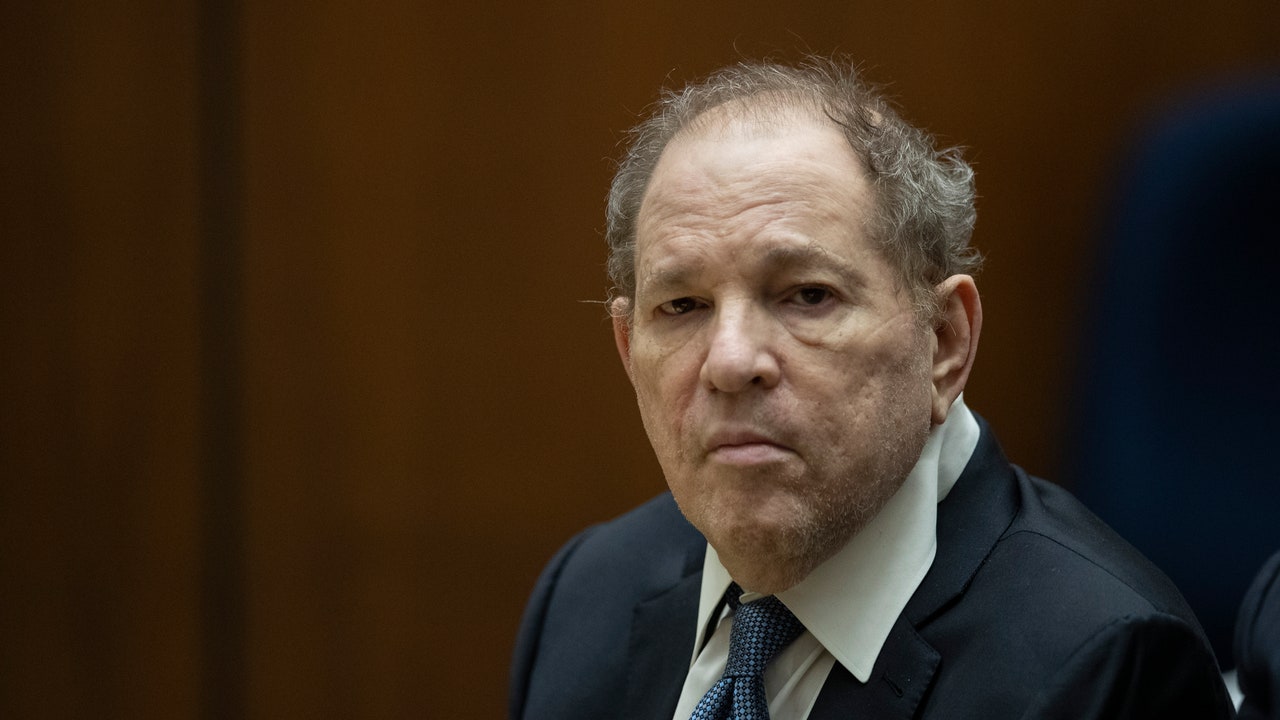
Overturning something, whether a legal ruling or a long-held belief, carries profound implications that can ripple through society, leaving lasting consequences. Delving into the multifaceted nature of overturned meaning, this exploration uncovers the significance of reversals, examining their causes, consequences, and ethical considerations.
The concept of overturning encompasses a wide range of scenarios, from legal overrulings to the metaphorical overturning of societal norms. Understanding the nuances of overturned meaning requires a comprehensive examination of its literal and figurative interpretations, as well as the strategies and ethical considerations involved.
Literal Definition of ‘Overturned’

The term ‘overturned’ holds a primary meaning of reversing or changing an existing state, condition, or decision. It encompasses a range of contexts, including legal, physical, and metaphorical.
In a legal context, overturning refers to the reversal of a court ruling or verdict. This can occur through an appeal process or other legal mechanisms. Physically, overturning involves the act of turning something upside down or causing it to fall over, such as overturning a glass or a vehicle.
Figurative Meanings of ‘Overturned’, Overturned meaning
Beyond its literal usage, ‘overturned’ also carries metaphorical implications. It can symbolize a reversal of fortune, a sudden change in circumstances, or the disruption of established norms.
Common scenarios where the term is used figuratively include overturning expectations, overturning traditions, and overturning power structures.
Consequences of ‘Overturning’
The consequences of overturning an event or decision can be significant. Legally, it can lead to the reinstatement of a previous ruling or the nullification of a law. Socially, it can trigger widespread protests or challenges to the established order.
On a personal level, overturning a decision can bring about a sense of vindication or disappointment, depending on the outcome.
Case Studies of ‘Overturned’ Events
Throughout history, there have been numerous instances of significant events being overturned. One notable example is the overturning of the Roe v. Wade ruling by the Supreme Court of the United States in 2022.
This decision overturned the constitutional right to abortion, which had been established in 1973. The overturning sparked widespread protests and debates about the future of reproductive rights.
Strategies for ‘Overturning’
In various situations, individuals or groups may seek to overturn decisions or outcomes. This can be achieved through legal challenges, such as appeals or motions for reconsideration.
Non-legal strategies may include public protests, lobbying efforts, or civil disobedience.
Ethical Considerations of ‘Overturning’
Overturning decisions or actions raises important ethical considerations. It is crucial to weigh the potential benefits and consequences of such actions.
Considerations include the impact on individuals, the rule of law, and society as a whole. Ethical guidelines should be followed to ensure that overturning is carried out fairly and responsibly.
Ending Remarks

Overturning an event or decision can be a transformative act, reshaping the course of history and challenging established notions. Whether through legal challenges, social movements, or personal transformations, the power to overturn carries immense responsibility. By exploring the complexities of overturned meaning, we gain a deeper appreciation for the delicate balance between stability and progress, and the profound impact that reversals can have on our lives and the world around us.
Clarifying Questions: Overturned Meaning
What is the literal meaning of “overturned”?
Overturning literally refers to turning something upside down or causing it to fall over. It can also mean to defeat or reverse a decision, ruling, or outcome.
What are the common figurative meanings of “overturned”?
Figuratively, overturning can symbolize change, disruption, or the reversal of expectations. It can also represent the overthrowing of power structures or the rejection of established norms.
What are the potential consequences of overturning an event or decision?
Overturning an event or decision can have far-reaching consequences, including legal, social, and personal implications. It can lead to changes in laws, policies, or societal norms, and can also impact the lives of individuals involved.





